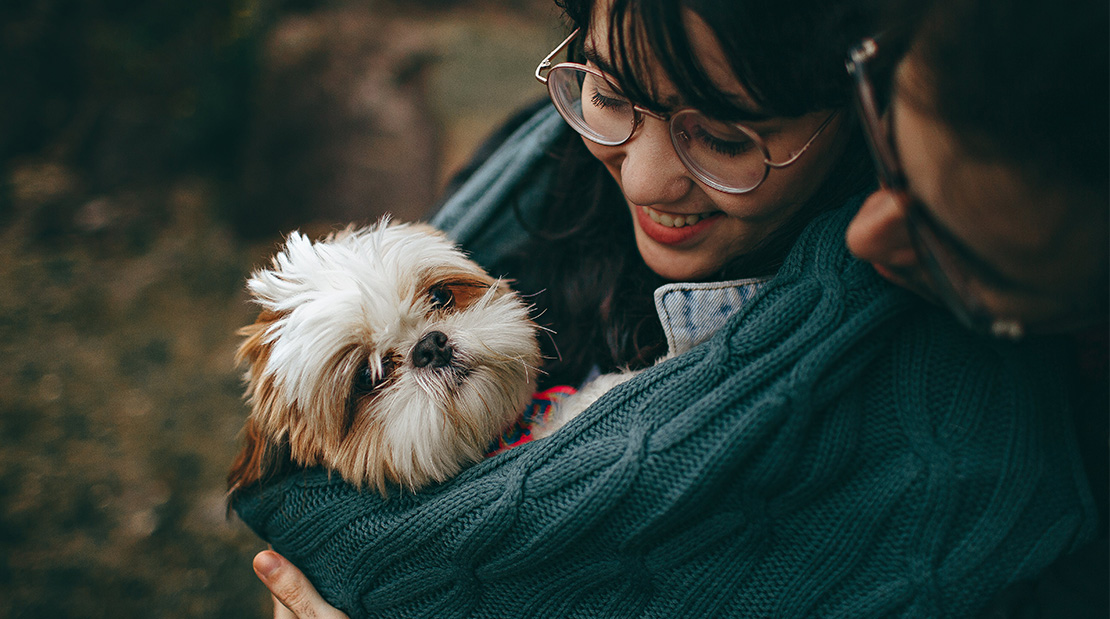
Recognizing and Addressing Symptoms of Cancer in Pets
Cancer in your pet can be a scary thought, and just like in humans, it can spread throughout the body, so it’s best to get it checked out quickly. It’s important to know the signs so you can visit our office sooner rather than later.
Identifying Symptoms of Cancer
The most noticeable signs of cancer in pets are lumps or bumps that grow quickly, change colors, or change shapes.
Even if a lump doesn’t appear to be growing, I always recommend that we check it. Sometimes we still find cancerous cells in lumps that are not growing rapidly. If we test and find that a tumor is benign, it’s still important to monitor its growth and test annually or biannually for any changes.
Other than a lump, signs of cancer in a dog or cat include:
- Decreased weight
- Decreased appetite
- Changes in urination habits
- Lethargy
- Difficulty Breathing
- Coughing
- Slow Wound Healing
You should schedule a visit with your veterinarian if you notice any major change in your pet’s behavior.
Risk Factors
Certain risk factors are associated with specific types of cancer. For instance, some breeds are more apt to develop cancers, and there are some gender-specific cancers. Female dogs develop mammary cancer; there is also an increase in the risk of development with each heat cycle.
Spaying your female dog prior to her first heat cycle can significantly decrease her risk of mammary cancer. Neutering male dogs also eliminates any risk of testicular cancer. In general, we do become more concerned about cancer as all pets get older, regardless of gender.
Diagnosing Cancer in Pets
There are several ways that we diagnose cancer. With lumps and bumps, we usually perform a Fine Needle Aspiration (FNA) and cytology. In this procedure, we poke the growth with a needle, collect those cells on a slide, and send it to the lab.
Alternatively, we can perform a biopsy and surgically remove the growth in its entirety or a small portion to send to the lab for analysis. Pathologists then examine the cells to determine if there is cancer and what type is present.
At Cy-Fair Animal Hospital, we offer these procedures in-house for our patients, but to ensure the most accurate diagnosis, we get the assistance of board-certified pathologists and oncologists. Typically, a biopsy or cytology is how we check most things, even if it isn’t a noticeable lump or bump. Sometimes cancer does not show up as an obvious mass or growth. This is why yearly physical exams, consultations, and bloodwork are important.
Treatment Options
Removing cancerous masses can often be curative depending on the type of cancer. Your pet will typically need to be under general anesthesia for this procedure. Pets that undergo mass removals from the skin will often go home the same day. More invasive mass removals like those found on the spleen, will involve abdominal surgery, hospitalization, and monitoring to ensure your pet is healthy and happy before sending them home.
One recent advancement in the treatment that we offer at Cyfair is an injection that is curative for mast cell tumors. The medication is injected directly into the tumor, which can eliminate the need for surgery. There are some cases and types of cancer that require referral to an oncologist for treatment options like chemotherapy and radiation therapy.
Keep an Eye on Signs of Cancer in Pets
Regular check-ups with your veterinarian as well as keeping a watchful eye on your pet’s behaviors and overall health can help you stay on top of any possible developments. If you notice any possible signs or symptoms of cancer in your pet, contact Cyfair Animal Hospital for early detection and treatment that can increase the chances of your pet living a healthy, cancer-free life.

